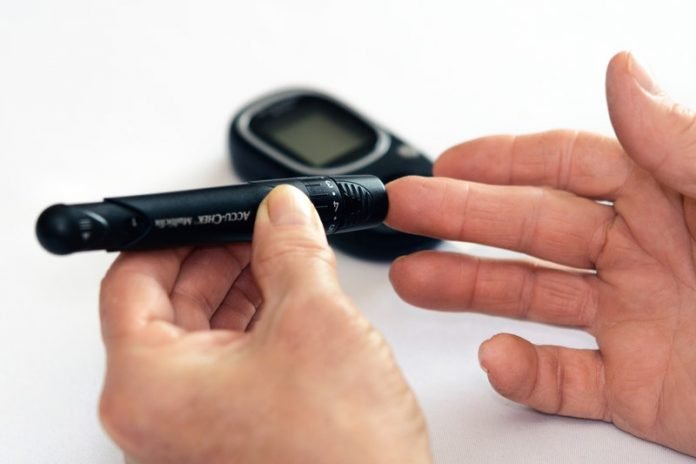
In a new study, researchers found that sleep disturbances and the body clock change caused by jet lag or shift work may harm blood sugar control in people with pre-diabetes.
They found that both short and long sleep are linked to negative measures of blood sugar in the patients.
The research was conducted by a team from the University of Chicago.
Previous research has shown that sleep loss and change of the body clock could harm blood sugar control in people with type 2 diabetes.
In the study, the team examined how these factors could influence adults with pre-diabetes.
They tested 962 overweight adults aged 20–65 years who had pre-diabetes or were recently diagnosed with type 2 diabetes but received no treatment.
These people completed a two-hour oral glucose tolerance test and reported their sleep habits.
The team found that mean sleep duration was 6.6 hours in these participants.
More than 50% of them reported poor sleep quality, and over 60% of them had a high risk for obstructive sleep apnea.
Moreover, the blood sugar level was much higher in people having less than five or longer than eight hours of sleep per night.
People with a sleep duration longer than eight hours was also linked to higher fasting blood sugar, and people with a sleep duration shorter than 6 hours were more likely to be obese.
The team also found that shift work was linked to higher BMI. Social jet lag was linked to higher blood pressure.
The findings suggest that sleep disturbance may harm blood sugar control and body weight in people with pre-diabetes.
High blood sugar and obesity are big risk factors of type 2 diabetes.
People at a high risk of diabetes need to have regular, high-quality sleep to reduce their disease risk.
The lead author of the study is Babak Mokhlesi, M.D., from the University of Chicago.
The study is published in the journal Diabetes Care.
Copyright © 2019 Knowridge Science Report. All rights reserved.



